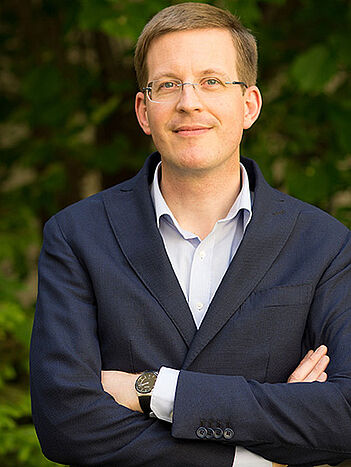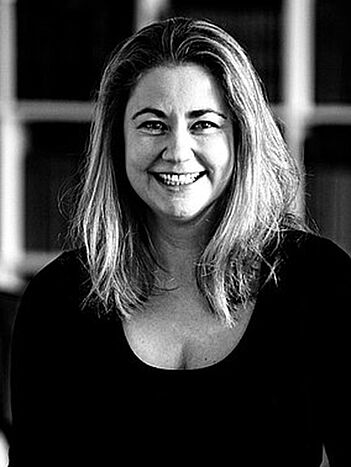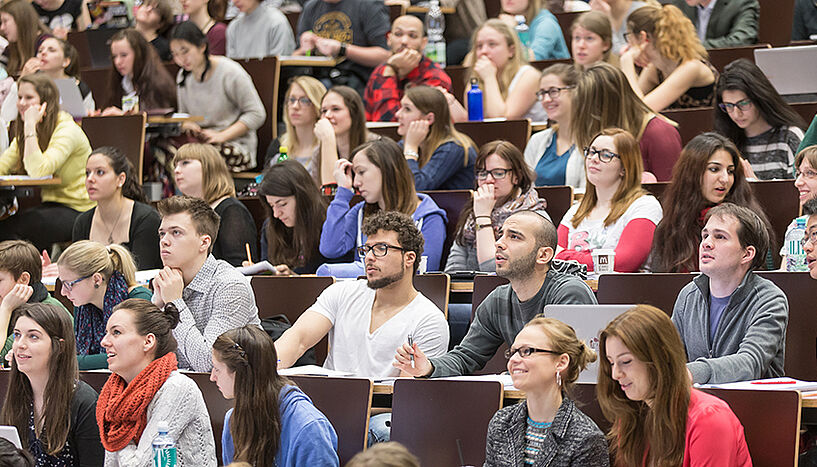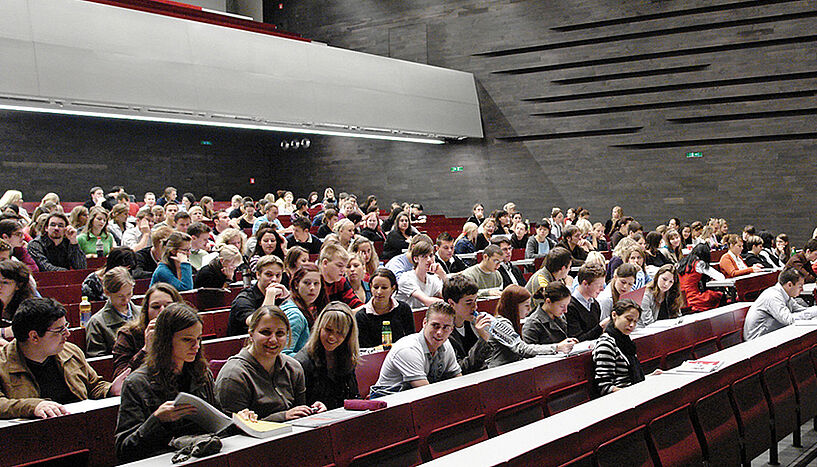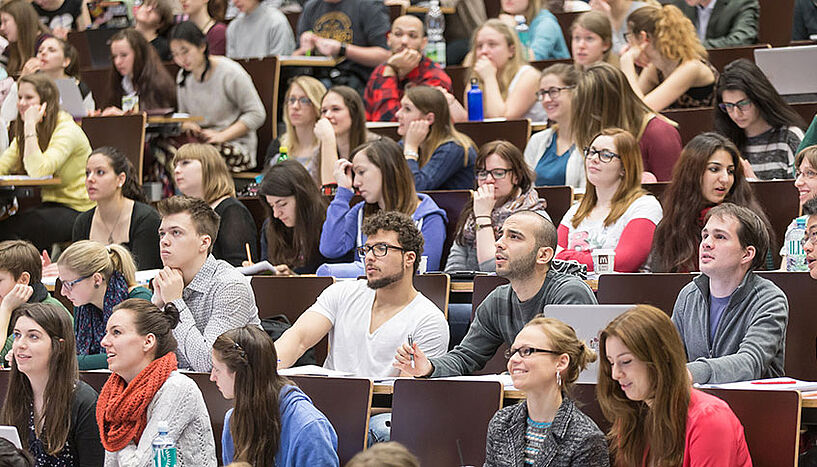Copied and caught: This is how plagiarism checks work
| 18. Mai 2016What is plagiarism and how does the University of Vienna check if students copied the work of others in their final thesis? We asked Peter Lieberzeit all these questions: In his role as Studienpräses, he is the first contact point when it comes to the report and vetting of a suspicion of plagiarism.
"Plagiarism is a form of academic misconduct. It refers to the use of texts, contents or ideas without specifying their source. Even plain translation, i.e. quoting a text written in a foreign language word for word, presenting it as one’s own output and not mentioning the source counts as plagiarism", explains Peter Lieberzeit. Other forms of academic misconduct are the fabrication or falsification of data. "Last but not least, there is also the submission of another person’s work, pretending it is one’s own academic achievement through so-called ghost-writing", adds the Studienpräses of the University of Vienna.
It is only since the beginning of 2015 that the concept of "plagiarism" has been defined in the 2002 Universities Act: "Plagiarism is obvious when texts, contents or ideas are used and presented as one’s own achievement. This encompasses the appropriation and use of text passages, theories, hypotheses, findings or data through direct, paraphrased or translated rendering without identifying and citing the source and the author." (section 51, para. 2, number 31 of the 2002 Universities Act)
What does "good academic practice" mean?
As university members, students as well as researchers and teachers are expected to show correct academic behaviour. This especially comprises the correct use of sources, the correct execution of analyses and the independent writing of theses.
"Basically, the regulations of good academic practice apply to all achievements attained at the University of Vienna, thus comprising the ones attained during courses, such as seminar essays or bachelor’s theses, as well as final theses, such as master’s, diploma and doctoral theses", explains Peter Lieberzeit.
How do plagiarism checks work?
At the University of Vienna, there is a clearly regulated procedure concerning plagiarism checks, which applies to all final theses that are submitted for evaluation.
1) Uploading the thesis
All students have to upload their diploma, master’s or doctoral thesis on the thesis server.
2) Software check
On the thesis server, the final thesis will be compared to theses that have already been published with the help of a special software in order to detect duplicated content. If similarities occur, the respective passages are marked for further review. The automatic system will then issue a test report within 24 hours at the latest.
3) Evaluation
The directorates of studies together with the respective thesis supervisor or another competent person are responsible for evaluating the results of the electronic check. They carefully examine the marked duplicated content in order to determine whether there is a case of plagiarism.
4) Approval/Refusal
If everything is in order, the submitted thesis will be approved for further assessment by the supervisor. Otherwise, there are two possibilities: Either the thesis is rejected due to insufficient citation and returned to the author for revision, or the responsible persons have indeed identified a case of plagiarism.
What happens if I get caught?
If you want to avoid unnecessary anger and frustration, you should keep away from plagiarism. Because one thing is clear: Once the University finds out about academic misconduct, you have to face very unpleasant consequences:
If the director of studies and the thesis supervisor come to the conclusion that it is no longer possible for the student to sufficiently address the topic using a correct academic approach, the student will have to write a new thesis on another topic, supervised by another person.
In the case of courses with continuous assessment like seminars or exercises, the transcript of records will not show an actual grade for this course but the status "not assessed (X)" instead. This means that the student must repeat the entire course with continuous assessment, regardless of any positive partial achievements. The assessment "X" counts as one of the four permitted examination attempts.
"Academic misconduct can also occur during lecture exams, e.g. in the form of cheating or participation with a false student ID card", adds Julia Wippersberg from the Department of Communication, who assists Peter Lieberzeit as Vice-Studienpräses. In this case, students will receive no actual grade but the status "not assessed (X)" instead. This "X" also counts as one of the permitted examination attempts.
Note: Plagiarisms do not expire!
Plagiarisms which have not been detected by the electronic verification system can still be detected years later and may eventually lead to a proceeding. If it turns out during the proceeding that there is a case of plagiarism, the relevant thesis will subsequently be declared null and the corresponding academic degree will be rescinded.
Specific regulationsWhen talking about maintaining good academic practice, students must also take into consideration the specifics of each degree programme. "Aside from very basic regulations, i.e. the correct use of sources and no fabrication or falsification of data, different degree programmes can have a variety of individual subject cultures", explains Lieberzeit. The Studienpräses recommends contacting the responsible directorates of studies if you want to be on the safe side: "Generally speaking, there is no need to be afraid. If you always clearly specify where the information in your text is coming from, then nothing bad can happen."
Studienpräses Peter Lieberzeit is Professor at the Department of Physical Chemistry. Vice-Studienpräses Julia Wippersberg works at the Department of Communication. The main tasks of the Studienpräses and the Vice-Studienpräses are to ensure compliance with good academic practice while offering counselling regarding study matters, handling study law-related procedures, appointing assessors for doctoral programmes, restricting access to academic theses and implementing the university grant system (merit scholarships and needs-based grants).


